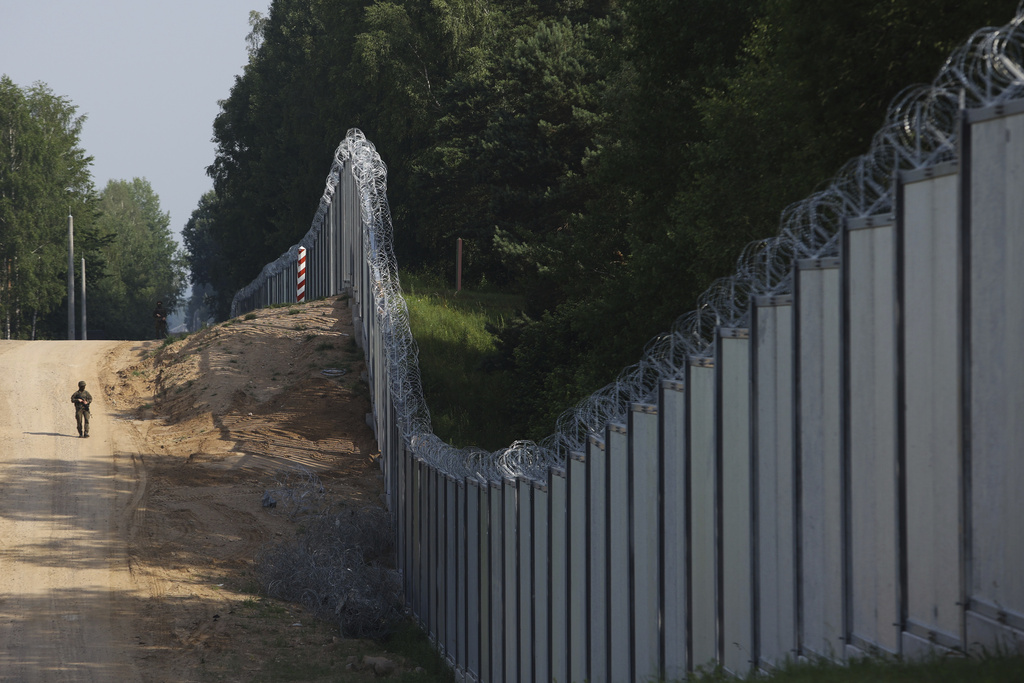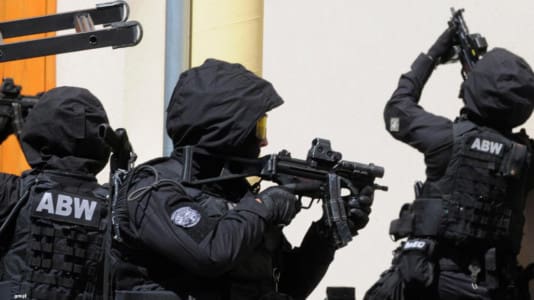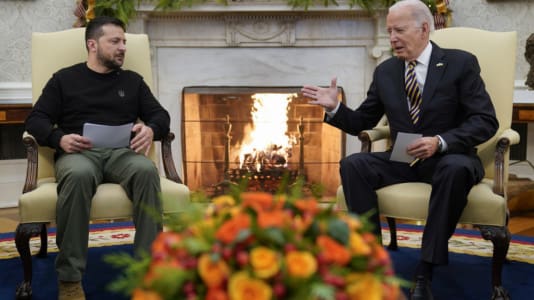For the last two years, repeating that Poland has become a frontline state has had little impact on changing the way most Poles think about the security of their own country. Until now, it seems, many assumed that this issue would somehow simply be resolved by the Law and Justice (PiS) government along with the Americans, mainly thanks to ample purchases of modern armaments.
Now, however, with the change of power in Poland, some of its voters and supporters are beginning to wonder whether one can be a frontline state while acting as if nothing significant in terms of security needs to be changed. The well-known author Szczepan Twardoch recently published a kind of open letter to future rulers, demanding clear declarations on the actions necessary to secure Poles against a probable military threat from Russia.
A real stir was also caused by reserve major and military expert Michał Fiszer, who stated in one interview a seemingly obvious fact: that we cannot base our security on the mistaken belief that Russia would not dare to attack NATO countries and that Poland could be first in line — and this within just a few years.
As the examples of former West Germany, Israel, and Finland show, being a frontline state does not only mean living in the shadow of a potential disaster, but can also bring about an increase in stature and development.
However, this requires the entire political system and society of a frontline state to take its role seriously. During the Cold War, West Germany benefited from its status as a frontline state, but at the same time had to deploy an army of 700,000 conscripts. The much smaller but modern armies of Israel and Finland today are built on the ability to quickly mobilize even several hundred thousand trained reserves.
Being a frontline state, therefore, means not just high spending on armaments, but a systemic effort and engagement of the entire society, its political elites, and state institutions — a thorough and comprehensive change in functioning, preparing everyone for the moment the threat becomes real.
Living in the illusion that others will provide security, and that being in NATO and the EU makes us untouchable, is a recipe for another national disaster in our history.





